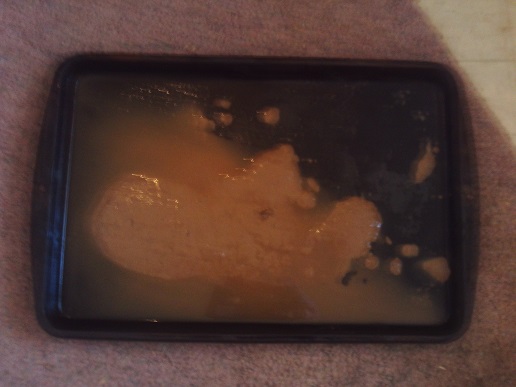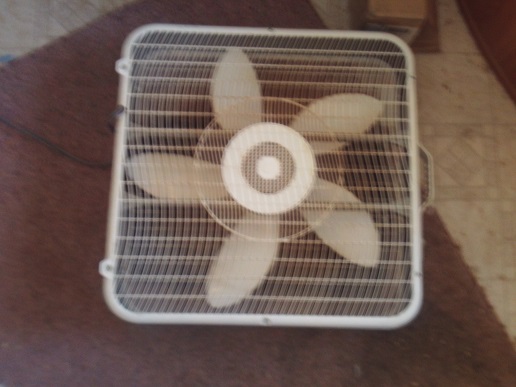jrgtr42
Well-Known Member
I was reading a back issue of BYO magazine the other day and one of the articles mentioned sending dried flakes of yeast to someone else, that they last a good long time (presumably like packaged dry yeast.)
I was thinking about that, if that would work for storing yeast strains, as opposed to washing, glycerine and freezing them.
Has anyone tried / done this and how would it work? What would be the procedure for drying yeast once racked off.
I was thinking about that, if that would work for storing yeast strains, as opposed to washing, glycerine and freezing them.
Has anyone tried / done this and how would it work? What would be the procedure for drying yeast once racked off.






















































![Craft A Brew - Safale S-04 Dry Yeast - Fermentis - English Ale Dry Yeast - For English and American Ales and Hard Apple Ciders - Ingredients for Home Brewing - Beer Making Supplies - [1 Pack]](https://m.media-amazon.com/images/I/41fVGNh6JfL._SL500_.jpg)





